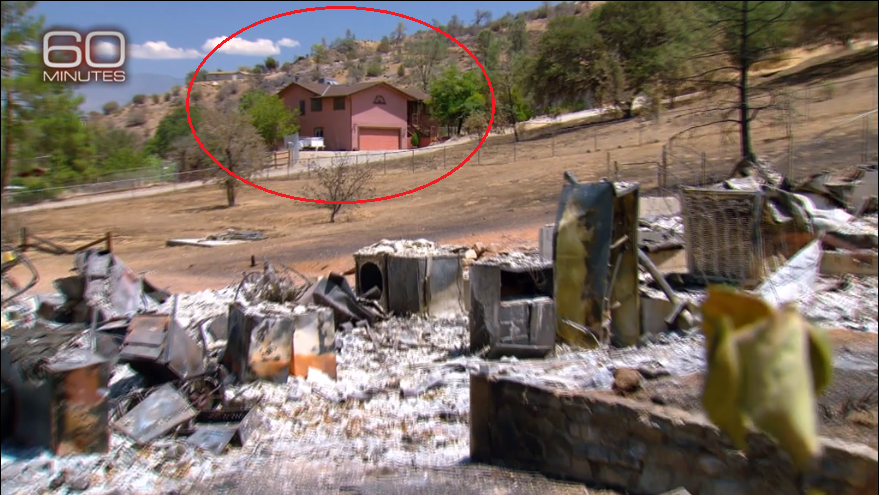Media and 'Variegated' Media
Yale historian and On Tyranny author Timothy Snyder says in one lecture that variegated news displaces fake news. Do you hear people say your home city is more "bleached out" compared to five or ten years ago? Maybe it's less "variegated." Or maybe it's variegated but we have to re-discover what regional news is available to us.
Here's a transcript from part of his lecture, beginning at 3:00 mark (video below):
Variegated news in alt-weeklies, talk radio, newspapers give "local flavor." Alt-weeklies distributed via bright variegated colorful newsracks.
Here's a transcript from part of his lecture, beginning at 3:00 mark (video below):
...The Russian attack on the US took place primarily through the media. And it gives us a chance to ask what has actually happened to our media in the last decade.Video - queued to 2:58:
In fact even the fact that I’m using the word media, and you’re all nodding your head media media we’re thinking we use the word media … that itself reveals the basic problem.
Because what has happened we’ve shifted from being a country where there were lots of regional and local newspapers which provided you know an imperfect but nevertheless a shaded a variegated a specific view of daily life of people. We’ve shifted from that to something else. We’ve shifted to this place where there is one media. And we’re for it or against it. Or whatever.
I mean something very specific here. A decade ago, the US still had a great deal more local press than it did now. In the late 2000s the local press began to suffer. After the financial crisis of 2008, roughly 40 newspaper men and women were laid off every day. On average. In 2009. By 2010, the industry had basically cratered. Now why does this matter so much? Why does it matter that there is not a local newspaper here or a regional newspaper there?
It means that people shift from thinking of “journalism” as something done by people who they know. Because they see them at the city council meeting or they see them at the PTA or whatever. People shift from that idea that journalism as about life. To another idea. Which is that there’s not really journalism. There’s just the media. There’s just television. There are the networks. And what do the networks cover? This is important.
Networks cover international news. They cover what happens on the coasts. They cover DC. They cover NY. They cover LA. If you’re in Oklahoma, and you’re watching one of the networks your face appears pretty much only when there is a natural disaster. Now that’s a slight exaggeration but it gets at an important truth.
When you clear away the local news, what you’re doing is you’re opening the way for the fake news. Because if journalism starts to become the media it starts to become something distant and abstract something not about you, you’re only one step away from beginning to believe the things that really aren’t true. Right? If news becomes distant, then the next step is the news becomes fake.
Now why does this have to do with Russia? Because amazingly the same thing happened in Russia just a few years before. There is also not local news in Russia. There is also not regional news in Russia. The way Russian news works is everything is huddled around a few television stations. And the television stations give Russians all across that massive country an idea of who the enemies and the friends are. An idea of what the conspiracies are supposed to be.
We’re not there yet. But its striking how getting rid of the local news makes us just a little bit more like Russia than perhaps we think we are. Which brings us to the problem of television in itself. ...
Variegated news in alt-weeklies, talk radio, newspapers give "local flavor." Alt-weeklies distributed via bright variegated colorful newsracks.


